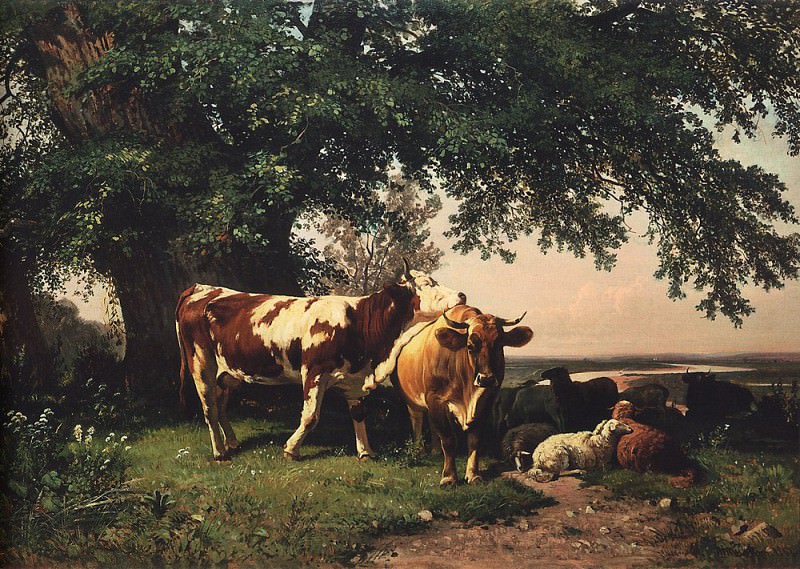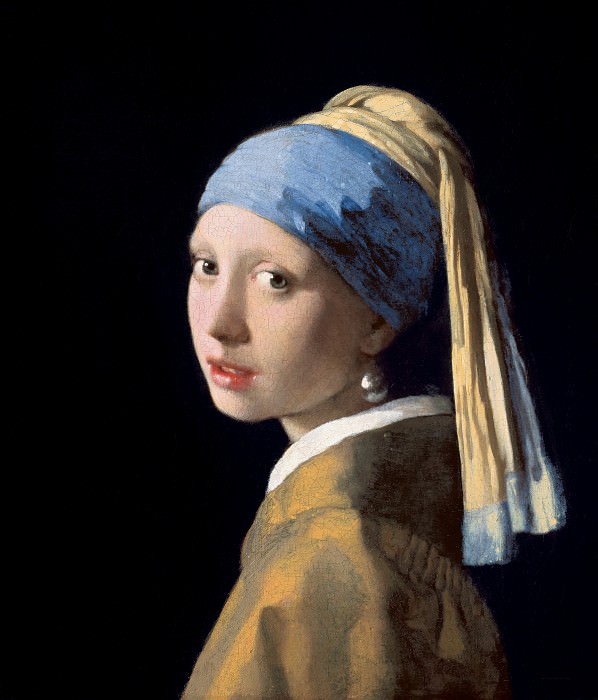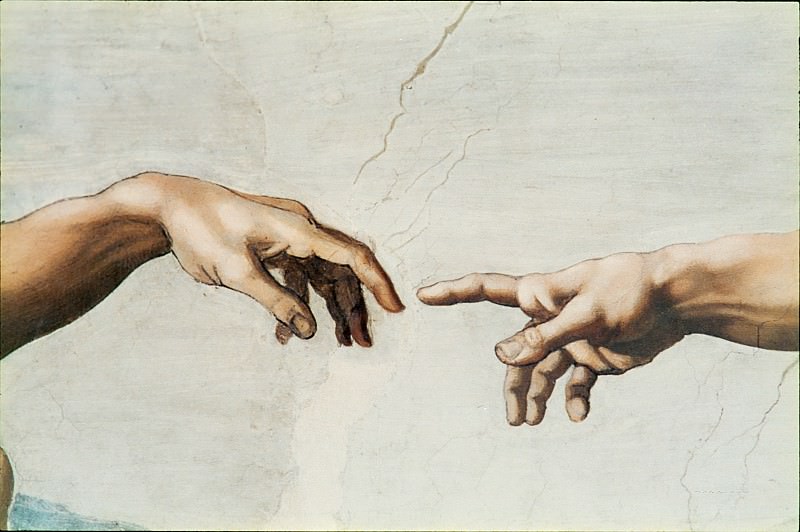Peter Max: A Journey Through Vibrant Vision
Peter Max, an artist whose work is synonymous with vibrant colors, cosmic themes, and a celebration of the American spirit, has left an indelible mark on the world of contemporary art. His unique style, characterized by bold hues, fluid forms, and an almost psychedelic quality, has captivated audiences for decades. His work is a kaleidoscope of emotions, capturing the essence of an era while transcending time and space.
The Early Years: A Fusion of Cultures
Born in Berlin in 1937, Peter Max's early life was a tapestry of diverse cultural influences. His family fled Nazi Germany, and he spent his formative years in Shanghai, China. This experience exposed him to a rich blend of Eastern and Western artistic traditions. The vibrant colors and intricate designs of Chinese art left a lasting impression on young Peter, shaping his future artistic endeavors.
In 1953, Max's family immigrated to the United States, where he later attended the Art Students League in New York. Here, he honed his skills and developed a deep appreciation for American pop culture. The fusion of his multicultural background with the dynamic energy of New York City created the perfect environment for Max to explore and expand his artistic horizons.
The Birth of a Pop Art Icon
Peter Max's breakthrough came in the 1960s, a decade defined by cultural revolution and social change. His art resonated with the youth of the time, who were drawn to his vibrant depictions of peace, love, and freedom. Max's work became emblematic of the counterculture movement, capturing the spirit of an era that sought to break free from the constraints of the past.
Max's use of bold, psychedelic colors and cosmic imagery became his signature style. His work was a visual representation of the optimism and creativity that defined the 1960s. He became a leading figure in the pop art movement, alongside contemporaries like Andy Warhol and Roy Lichtenstein. However, Max's work stood out for its unique blend of Eastern mysticism and Western pop culture, creating a visual language that was entirely his own.
Cosmic Art: A Journey Beyond the Earth
One of the most distinctive aspects of Peter Max's art is his exploration of cosmic themes. His fascination with space, the universe, and the mysteries beyond our planet is evident in many of his works. Max's cosmic art is a celebration of the infinite possibilities of the universe, reflecting his belief in the boundless potential of the human spirit.
Max's cosmic imagery often features celestial bodies, swirling galaxies, and abstract forms that evoke a sense of wonder and awe. His use of color in these works is particularly striking, with bright, saturated hues that seem to glow with an otherworldly energy. Through his cosmic art, Max invites viewers to embark on a journey beyond the confines of the Earth, encouraging them to explore the vastness of the universe and their own imaginations.
The American Spirit: Celebrating Freedom and Patriotism
While Peter Max's art is deeply rooted in the counterculture of the 1960s, it also embodies a strong sense of patriotism and a celebration of the American spirit. Max's love for his adopted homeland is evident in his numerous works that pay tribute to American icons, symbols, and ideals.
One of Max's most famous works is his series of paintings of the Statue of Liberty. This iconic symbol of freedom and democracy is a recurring motif in Max's art, reflecting his admiration for the values it represents. Max's depictions of the Statue of Liberty are often rendered in vibrant, eye-catching colors, infusing the symbol with a sense of energy and optimism.
In addition to the Statue of Liberty, Max has also created works that celebrate other American symbols, such as the American flag and the bald eagle. These works are a testament to Max's deep appreciation for the ideals of freedom, equality, and justice that define the American experience. Through his art, Max seeks to inspire a sense of pride and unity among his fellow Americans.
The Commercial Success: From Counterculture to Mainstream
Peter Max's art has not only captivated the counterculture of the 1960s but has also achieved significant commercial success. His work has been featured in countless advertisements, album covers, and posters, making him one of the most recognizable artists of his generation.
Max's ability to bridge the gap between fine art and commercial art is a testament to his versatility and broad appeal. His work has been commissioned by major corporations, sports teams, and even the U.S. government. Max's art has graced everything from postage stamps to the hull of a Boeing 777, demonstrating his ability to reach a wide audience and bring his vibrant vision to the masses.
Despite his commercial success, Max has remained true to his artistic vision. He continues to create works that are bold, imaginative, and reflective of his unique perspective on the world. Max's art is a celebration of life, color, and the human spirit, and it continues to resonate with audiences around the globe.
Legacy and Influence: A Lasting Impact on Contemporary Art
Peter Max's influence on contemporary art cannot be overstated. His vibrant colors, cosmic themes, and celebration of freedom have inspired countless artists and left a lasting impact on the art world. Max's work is a testament to the power of art to capture the spirit of an era and inspire future generations.
Max's legacy is also evident in the way his art has permeated popular culture. His iconic imagery has become synonymous with the 1960s and 1970s, and his work continues to be celebrated in exhibitions, retrospectives, and publications. Max's art has transcended the boundaries of time and space, continuing to inspire and captivate audiences long after its creation.
In addition to his artistic influence, Max has also been a passionate advocate for social and environmental causes. He has used his art to raise awareness and support for various charitable organizations, demonstrating his belief in the power of art to effect positive change in the world. Max's commitment to these causes is a reflection of his deep-seated values and his desire to make a meaningful impact on the world.
Peter Max Today: A Life Dedicated to Art
Today, Peter Max remains an active and prolific artist, continuing to create new works that reflect his vibrant vision and boundless creativity. His art is a celebration of life, color, and the human spirit, and it continues to resonate with audiences of all ages.
Max's studio in New York City is a hub of artistic activity, where he continues to experiment with new techniques, materials, and ideas. Despite the passage of time, Max's work remains as fresh and innovative as ever, a testament to his enduring passion for art and his commitment to pushing the boundaries of creativity.
As Max looks back on his long and illustrious career, he can take pride in the fact that his art has touched the lives of millions of people around the world. His work is a celebration of the human spirit, a reminder of the power of creativity, and a testament to the enduring appeal of vibrant, imaginative art.
Conclusion: The Enduring Legacy of Peter Max
Peter Max's art is more than just a visual experience; it is a journey into the depths of the human imagination. His vibrant colors, cosmic themes, and celebration of freedom have left an indelible mark on the world of contemporary art, inspiring countless artists and captivating audiences for decades.
Max's legacy is one of innovation, creativity, and a deep appreciation for the beauty of life. His art is a testament to the power of imagination and the enduring appeal of bold, vibrant expression. As Peter Max continues to create and inspire, his work will undoubtedly continue to be celebrated for generations to come.




